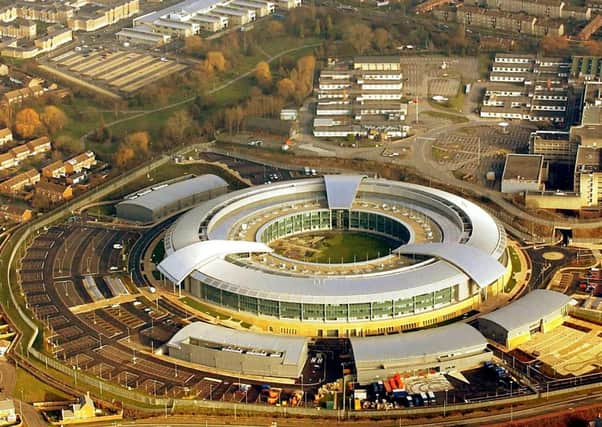City travellers oftenstopped under same Schedule as Miranda


The treatment of David Miranda, the partner of Glenn Greenwald, who published documents leaked by US whistleblower Edward Snowden, has caused a media storm. But back in August 2009, the Sentinel reported how travellers from Londonderry were being stopped and searched frequently at UK airports and ports.
The Home Office told the Sentinel at the time that this was due to an increased threat from dissident republicans.
Advertisement
Hide AdAdvertisement
Hide AdHoliday-makers were being routinely stopped under Schedule 7 of the Terrorism Act 2000 in order to determine whether “they are someone who is or has been concerned in the commission, preparation or instigation of acts of terrorism,” the Home Office said. Asked why passengers travelling from Gatwick to Belfast were being targeted under stop and search powers on Wednesday, August 5, 2009, a plain clothes police officer pinpointed the heightened threat from anti-agreement republicans as the driver.
But when contacted by the Sentinel the Home Office said police were using these stop and search powers at various ports across the UK and were not just targeting routes between London and Belfast.
A Home Office spokesperson told the Sentinel: “Protecting the public from terrorism is the Government’s top priority. We keep all counter-terrorism legislation under review, to ensure that it continues to meet the threat from terrorism that we face. Stop and search is an important tool in the on-going fight against terrorism. As part of a structured anti-terrorist strategy, the powers help to deter terrorist activity by creating a hostile environment for would-be terrorists to operate.”
Officers using the counter-terrorism powers at Gatwick explained to those subject to search the nature of Schedule 7 and that the stop was part of counter-terrorist policing. Those stopped by police under the powers were asked to produce a passport and give reasons for their presence in London and to explain why they were travelling to Belfast. They were also asked to define themselves ethnically for the purposes of the Home Office.